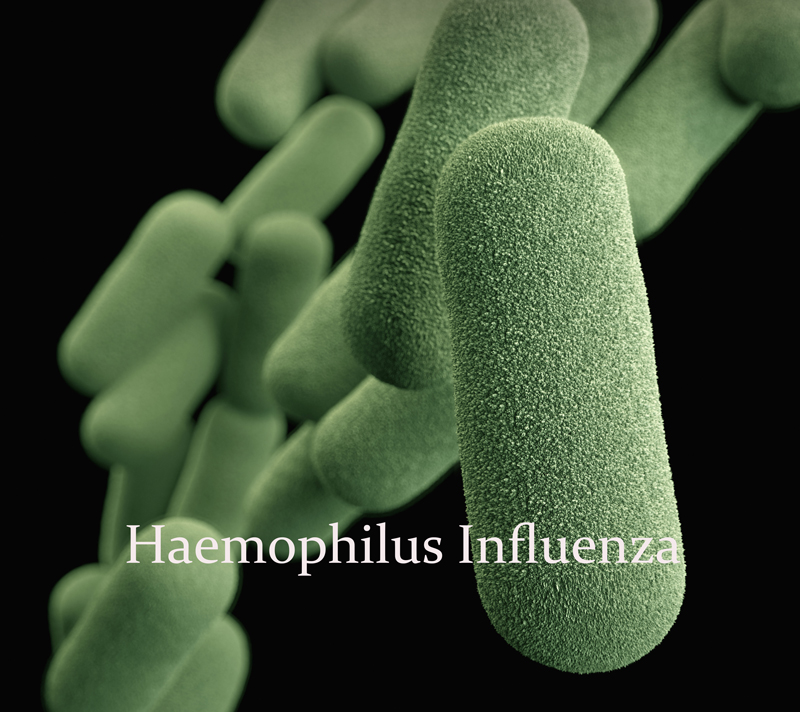Haemophilus Flu - From Sneezes to Solutions - Symptoms and Treatments
Sept. 16, 2023 #Child Health
Introduction
Haemophilus (H.Influenzae) is a bacteria that causes several different kinds of infections. They can range from mild infections such as ear infections, to much more severe infections such as meningitis or pneumonia. These infections affect children and people that are immuno-compromised.This is an upper respiratory tract infection and it is highly contagious.
Common Symptoms
The symptoms of Haemophilus flu can vary but commonly include:
- High Fever: Sudden and high fever
- Sore Throat: Painful throat and difficulty swallowing
- Cough: Persistent cough, dry or productive
- Difficulty Breathing: Impaired breathing, especially if the infection spreads to the lower respiratory tract
If these symptoms are present, it is important to seek medical attention for proper diagnosis and treatment. Haemophilus flu can lead to complications, especially in individuals with weakened immune systems or pre-existing respiratory conditions.
Complications
Haemophilus flu can lead to various complications, especially if left untreated or if the immune system is compromised. Common complications include:
Pneumonia
When the infection spreads to the lungs, it can cause pneumonia. Symptoms may include chest pain, cough with phlegm, difficulty breathing, and high fever. Prompt medical treatment is essential, especially for vulnerable groups.
Ear Infections
Haemophilus flu can cause ear infections, particularly in young children. Symptoms may include ear pain, fluid drainage, difficulty hearing, and irritability in infants. Treatment may include antibiotics and fluid drainage if necessary.
Sinus Infections
Infection of the sinuses can lead to sinusitis, characterized by facial pain or pressure, nasal congestion, headache, and nasal discharge. Treatment may involve antibiotics, decongestants, and saline nasal rinses.
If experiencing symptoms of Haemophilus flu or any complications, seeking medical attention is important to prevent their progression and reduce the risk of severe complications.
Treatments
Treatment options for Haemophilus flu include:
Antibiotics
Antibiotics are used to kill or inhibit the growth of the bacteria causing the infection. Completing the full course of antibiotics is essential to prevent antibiotic resistance.
Vaccines
Vaccination, particularly in children, prevents Haemophilus flu. The Haemophilus influenzae type b (Hib) vaccine provides long-term protection and reduces transmission within the community.
Supportive Care
Supportive care focuses on symptom relief and preventing complications. Measures include rest, hydration, pain relievers, humidifiers, and saline nasal sprays.
Consulting a healthcare professional is necessary for an appropriate treatment plan for Haemophilus flu, considering factors such as severity and individual characteristics.
Importance of Early Diagnosis
Early diagnosis is crucial in managing Haemophilus flu and improving outcomes:
- Timely Treatment: Starting antibiotics early helps eliminate the bacteria and prevent further spread.
- Preventing Complications: Early intervention prevents the development of complications and allows prompt management.
- Reducing Transmission: Early diagnosis minimizes the risk of spreading Haemophilus flu within the community.
It is always best to seek medical help as soon as any of the symptoms arise, An early diagnosis and proper medical treatment decreases the risk of further complications.





COMMENTS